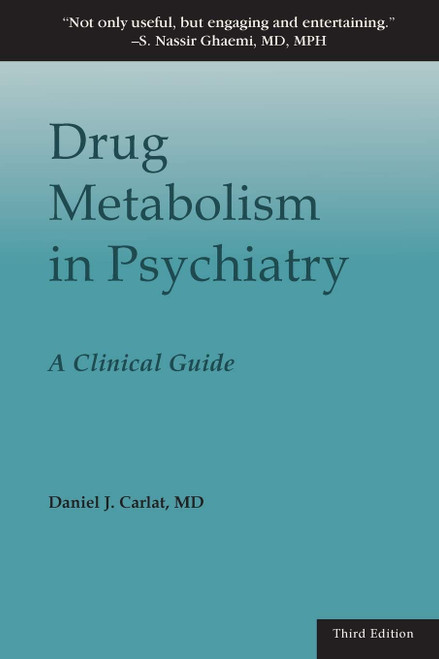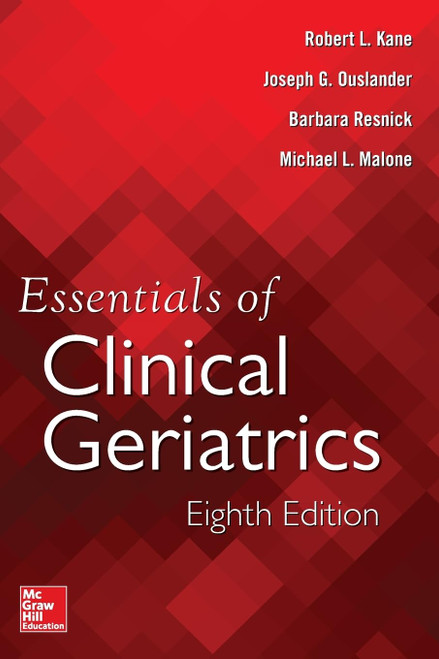Because limited training in geriatric psychiatry has tended to give insufficient attention to mental health care for the elderly, clinicians often need help when assessing and treating problems specific to older clients. Clinical Manual of Geriatric Psychiatry provides a single-volume reference that covers the full range of such problems, from depression to dementia. It shows that psychiatrists working with older people must sometimes be willing to play a generalist's role, combining routine medical management with psychiatric interventions or helping with social or situational problems.
Drs. Spar and La Rue review the effects of aging on cognitive performance, including clinical presentations of memory loss and medication-induced symptoms of mental disorder. They offer practical guidance to help the clinician not only diagnose and treat these conditions but also address such issues as evaluating competency for informed consent. Enhanced by numerous charts and tables for easy reference, the book boasts a broad range of coverage:
- Guidelines to differential diagnosis of depressionlaboratory tests, psychological tests, and symptom rating scalesalong with insights on new directions in psychotherapy, including intervention within primary care.
- Assessment of both selective serotonin reuptake inhibitors and non-SSRIs as first-line agents for depression, citing advantages and disadvantages of specific drugs, plus advice on switching or combining antidepressants.
- Discussion of the effective use of electroconvulsive therapyparticularly the use of brief-pulse, bilateral electrode placementas well as experimental therapies such as repetitive transcranial magnetic stimulation and vagal nerve stimulation.
- Guidance in cognitive mental status examinations and brief screening tools for dementia and Alzheimer's disease, focusing on the Mini-Mental State Exam and summarizing advanced and experimental diagnostics such as single photon emission computed tomography and positron emission tomography.
- Appraisal of psychosocial therapies for patients with Alzheimer's Disease, such as behavior modification and reminiscence therapy, plus use of cholinesterase inhibitors for treatment of cognitive deficits.
- Review of approaches to anxiety disorders, including differential diagnosis of phobias, generalized anxiety disorder, obsessive-compulsive disorder, and panic disorder, with a focus on psychosocial-behavior therapy and medications of choice.






![A Comprehensive Guide to Geriatric Rehabilitation: [previously entitled Geriatric Rehabilitation Manual], 3e A Comprehensive Guide to Geriatric Rehabilitation: [previously entitled Geriatric Rehabilitation Manual], 3e](https://cdn11.bigcommerce.com/s-rr0pkl7rnl/images/stencil/500x659/products/84642/165030/51B7m1zRBSL__11374.1727706872.jpg?c=1)



